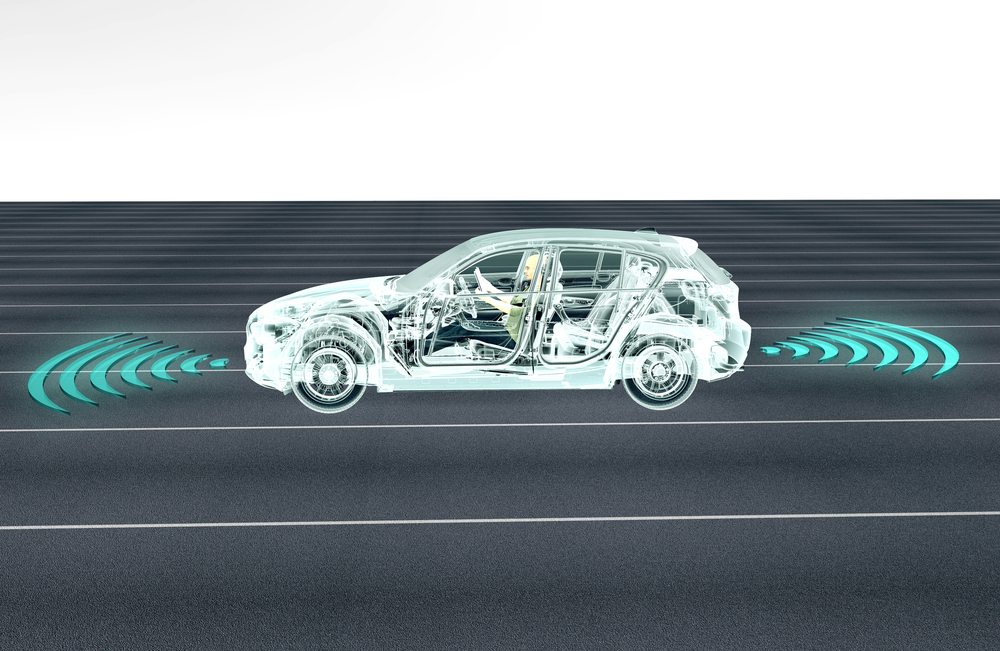The U.S. House of Representatives recently advanced the SELF DRIVE Act, which encourages and fosters the safe testing, development, and deployment of self-driving cars in the United States.

The bill, Safely Ensuring Lives Future Deployment and Research in Vehicle Evolution Act (SELF DRIVE Act), focuses on fostering the safety, consumer protections, and economic opportunities of self-driving cars.
“The development of self-driving vehicles and assisted driving technology has the potential to make a quantum leap in road safety and access to transportation, but there are significant challenges ahead and important decisions to be made regarding the appropriate regulatory framework for the testing and deployment of such vehicles,” Nat Wienecke, senior vice president, federal government relations at the Property Casualty Insurers Association of America (PCI), wrote in a letter to Energy and Commerce Committee Chairman Greg Walden (R-OR).
Wienecke said self-driving cars present a challenge and an opportunity for insurers.
“Section 5 of HR 3388 requires vehicle manufacturers to have written cybersecurity plans that include ‘a process for limiting access to the Automated Driving System (ADS)’ that gives rise to concerns that access to vehicle data to third parties (such as insurers) could be blocked or severely limited by manufacturers,” Wienecke wrote. “At a minimum, there should be confirmation that a vehicle owner’s ability to allow access to third parties (such as insurers or repair facilities) should not be blocked by cybersecurity plans.”
PCI is also concerned that the legislation could block insurers from access to critical data and information necessary to serve consumers.
“PCI looks forward to continuing to work with policymakers to make improvements to this bill before it becomes law,” Wienecke concluded.